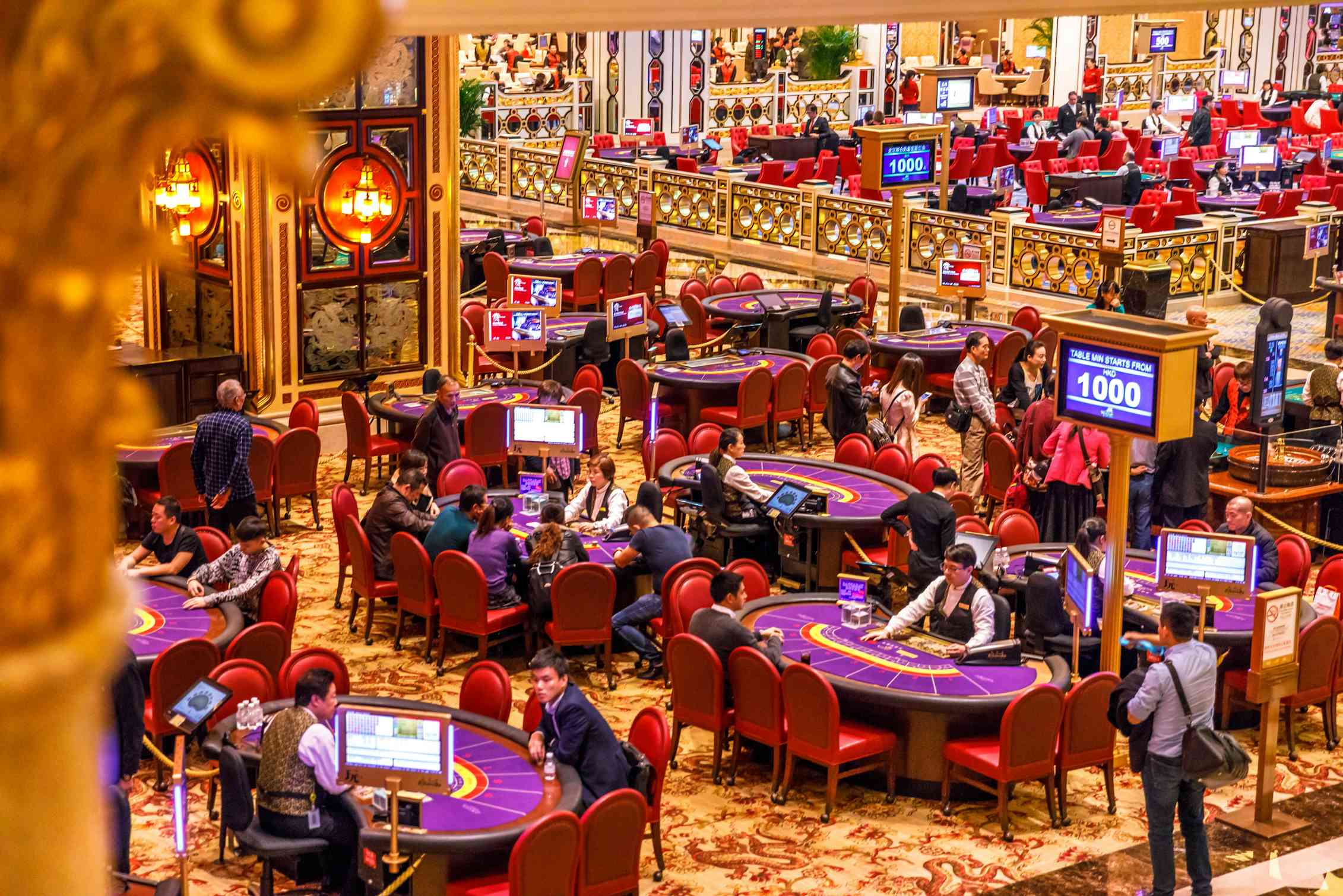
Casino gaming has long been a subject of interest and debate, attracting millions of players around the world. With a blend of luck, strategy, and the thrill of uncertainty, casino games offer an exhilarating escape from everyday life. However, as entertainment becomes ever more available, it invites a deeper examination of the ethical implications surrounding these games.
At the heart of the debate lies the issue of whether casinos promote responsible gaming or exploit vulnerable individuals. The allure of potential winnings versus the reality of losses can create a challenging situation, and understanding this balance is crucial for both players and operators. As we delve into the morals of casino gaming, we will explore the duties of casinos, the effects on society, and the measures that can be taken to foster a healthier gaming environment.
The Impact of Casino Gaming on Society
Gambling in casinos has a significant influence on society, affecting not only the financial landscape but also social behaviors and local frameworks. The funds generated from casinos can lead to job creation and boost local economies, as they provide multiple employment opportunities in different sectors including hospitality, entertainment, and retail. However, while the economic advantages can be significant, communities often struggle with the potential negative impacts that arise from increased gambling activity.
Additionally, the presence of casinos can lead to an increase in gambling addiction, presenting serious challenges for players and families. The excitement of casino games can quickly transform into a compulsive habit, affecting connections with others and leading to monetary issues. Many players may struggle with the loss of control over their gambling habits, resulting in a need for assistance programs and help to address this growing issue. The social cost of gambling addiction can extend through families and neighborhoods, creating an urgent need for sensible gambling approaches.
In addition to the economic and social consequences, casino gaming often showcases cultural attitudes towards risk and leisure. It can encourage a sense of joy and leisure, attracting tourists and boosting local travel. However, this allure may also conceal the broader implications of gambling as a method of entertainment, raising ethical questions about its promotion and availability. As communities weigh the advantages and disadvantages of casino gaming, the need for responsible practices and oversight becomes increasingly critical in ensuring that the beneficial elements are enhanced while reducing the negative effects.
Moral Issues in Gambling Activities
The ethics of gambling operations often center around the risk for dependency and its consequences on individuals and families. Gambling can lead to significant financial distress, impacting not only the gamblers but also their families. As people become entrapped in the appeal of winning, many lose sight of their financial limits, which can result in catastrophic outcomes such as bankruptcy. This raises ethical questions about the duty of casinos in fostering safe gaming habits and offering support for those who may be dealing with gambling addiction.
Another critical issue is the promotion of gambling to at-risk groups. Casinos often aim at low-income people or neighborhoods with the offer of quick gains, which can continue patterns of poverty and hopelessness. In this context, the ethics of marketing strategies used by gambling establishments come under scrutiny, as they may take advantage of the need of individuals seeking an way out from economic troubles. This exploitation raises ethical questions about the honesty of the gambling industry and its responsibility to safeguard its most vulnerable customers.
Additionally, the impact of gambling operations on society as a entirety cannot be ignored. While some argue that gambling establishments create jobs and boost local economies, others point to the social costs associated with problem gambling, increased criminal rates, and a strain on public resources. Balancing economic benefits with the risk for social harm presents a complex ethical dilemma for lawmakers and gambling operators alike. The challenge lies in finding a ethical approach that prioritizes the well-being of individuals and society while still allowing for the enjoyment of gambling gaming.
Regulation Structure and Duties
The regulatory system surrounding gaming operations is created to ensure fairness, honesty, and participant protection. Various government bodies and gambling commissions establish and implement regulations that dictate how gambling games operate, the criteria for game design, and the processes for managing prizes. These regulations differ by locale but commonly involve permit requirements for businesses and stringent measures to prevent deception and scams.
In furthermore to governing bodies, gaming establishments bear major accountability in maintaining moral standards within their facilities. They must implement safe player practices that encourage gambler security and education, including presenting self-ban options and offering information about the dangers connected to gambling. Casinos are also accountable for educating employees to identify signs of problem gaming and understand the correct actions to support patrons in need.
Moreover, transparency in gaming operations is essential for building and preserving public confidence. Casinos should provide clear data about the chances of operations, advertising opportunities, and any associated dangers. By promoting an atmosphere of transparency and trust, casinos can help mitigate the potential harmful impact of gambling while improving the general gaming experience for all participants. 789club